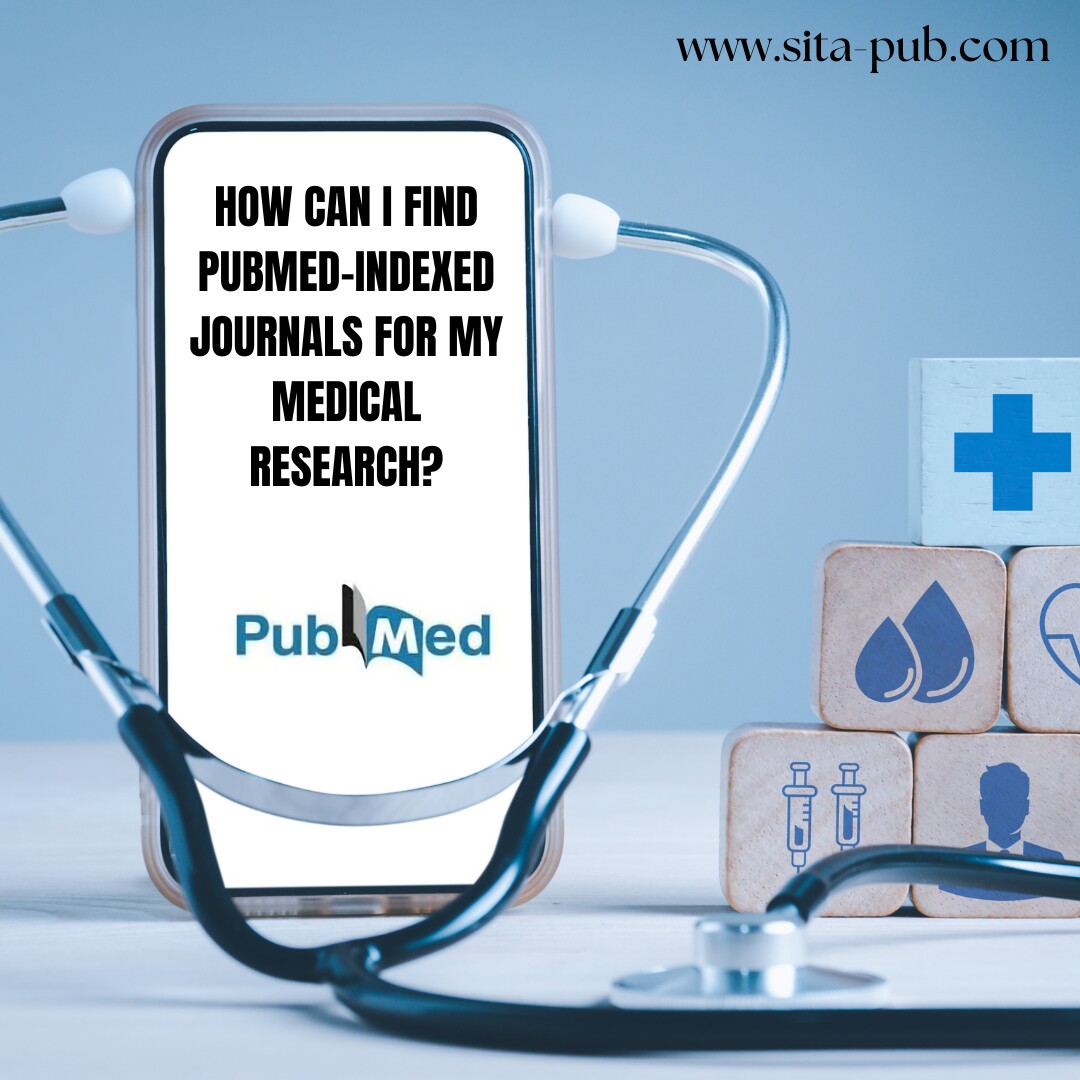How can I find PubMed-indexed journals for my medical research?


Publishing your medical research in a PubMed-indexed journal is essential for reaching a broad audience of healthcare professionals and researchers, ensuring that your findings are accessible to those who can benefit from them, and contributing to the medical knowledge. However, with numerous journals available, identifying the right fit for your work can be difficult.
PubMed itself serves as a valuable starting point. Its advanced search features enable you to filter journals based on specific criteria. You can search by:
Narrow your search to journals specializing in your research area, such as cardiology, oncology, or neurology. That ensures you're focusing on journals relevant to your specific field.
Employ relevant keywords related to your research topic to discover journals publishing similar work. It helps you identify journals with a history of publishing research aligned with your own.
If you have a specific journal in mind, you can look up its title to see if it is indexed in PubMed. This is useful if you have already decided on a journal based on recommendations or past information.
Beyond PubMed, several specialized journal databases can assist you in identifying PubMed-indexed journals:
This database lists open-access journals, many of which are indexed in PubMed. That is a perfect resource if you're looking for journals that allow free access to published articles.
While not exclusively for medical research, Web of Science indexes multiple journals, including many PubMed-indexed ones. This database is known for its comprehensive coverage and citation analysis tools.
Like Web of Science, Scopus indexes a broad range of journals, including those in the medical field. This database is particularly useful for tracking research impact and citations.
If you're unsure about the most suitable journals for your research, consider seeking guidance from experts:
Your advisor can provide valuable insights into the journals that are highly regarded in your field. They can offer recommendations based on their knowledge of the field and current trends in publication.
Connect with experienced researchers in your area who can recommend journals based on their publication experiences. Their insights can be invaluable if they have been published in similar research areas.
Organizations like SITA Academy offer expert guidance on journal selection and manuscript formatting, ensuring your research reaches the appropriate audience. They can assess your work and recommend journals that best align with your work.
Once you've identified a few potential journals, consider these factors:

Scope and Focus: Ensure the journal's scope aligns with your research topic and that it publishes articles similar to yours. It ensures your research is a good fit for the journal's readership and editorial focus.
Impact Factor: While not the sole determining factor, consider the journal's impact factor to gauge its influence and visibility within the field. That can help you understand the journal's reach and potential to contribute to your research's impact.
Publication Time: Evaluate the journal's publication time to ensure it aligns with your research timeline. This is important if you have deadlines or specific publication goals in mind.
Editorial Policies: Review the journal's editorial policies, including submission guidelines, peer-review process, and author fees. This ensures you understand the journal's expectations and requirements for submission.
Ready to find the perfect PubMed-indexed journal for your medical research?
Why Choose SITA Academy?

Team of human professionals

Quality Assurance

Timely delivery

Satisfaction guarantee
If you have any questions, inquiries, or would like to learn more about our services, please don't hesitate to reach out to us. Our dedicated team is ready to assist you.